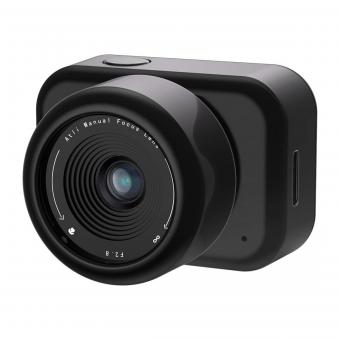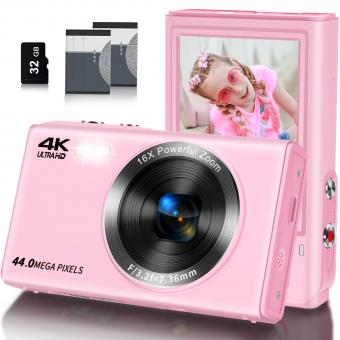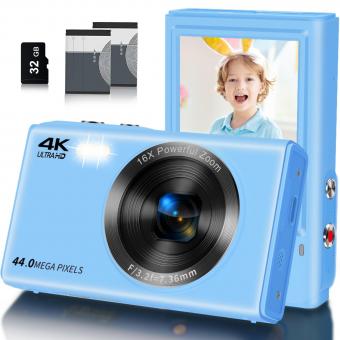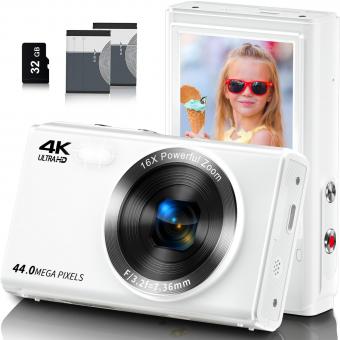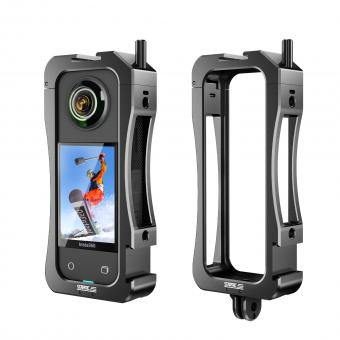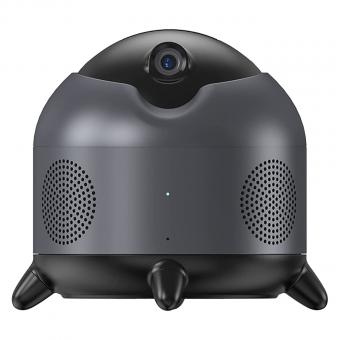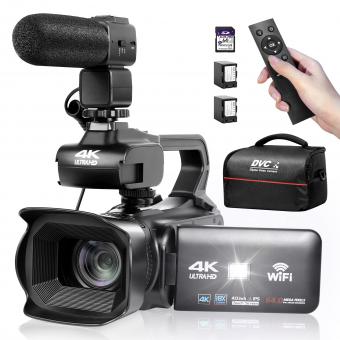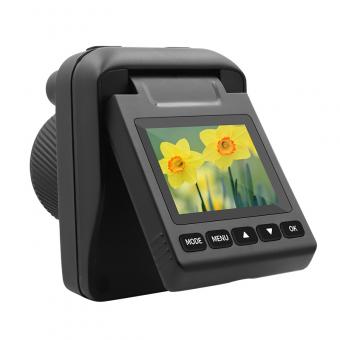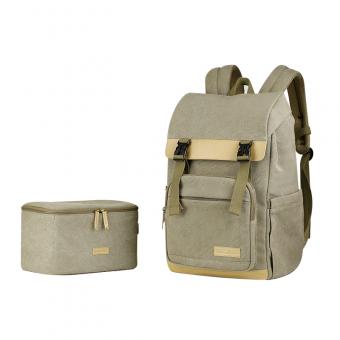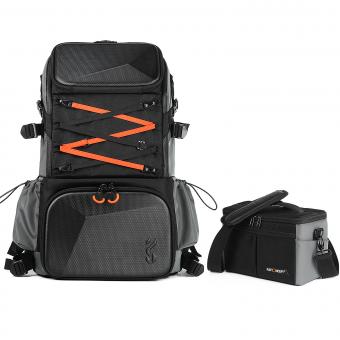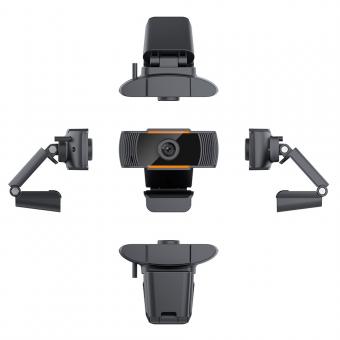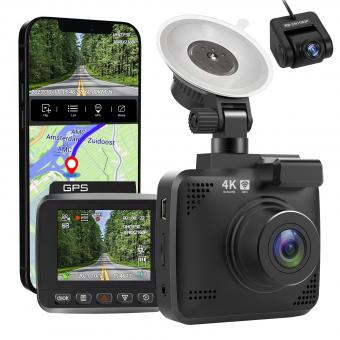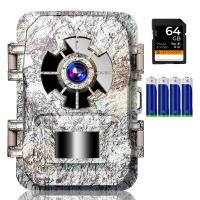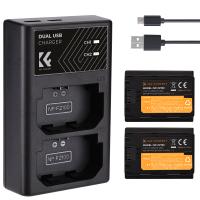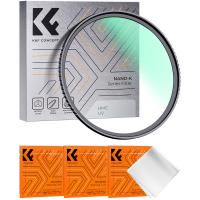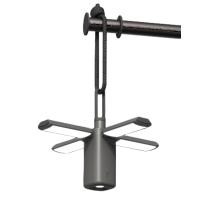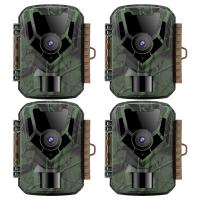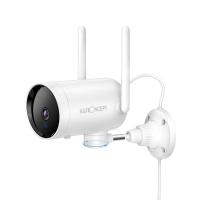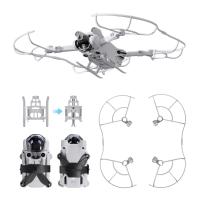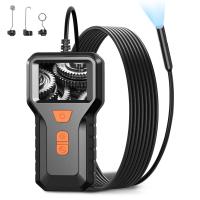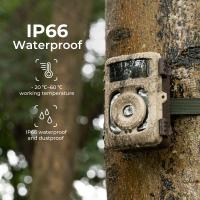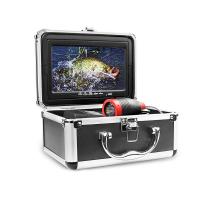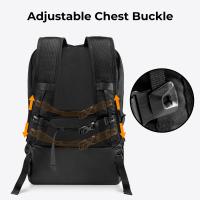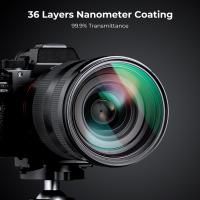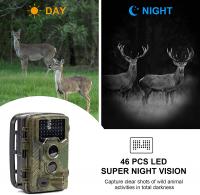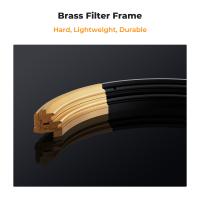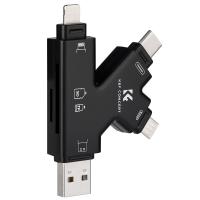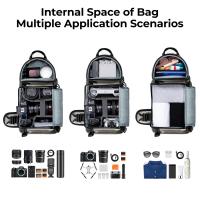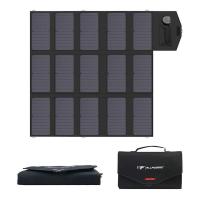Which Dslr Camera Is Best For Video Shooting?
When it comes to choosing the best DSLR camera for video shooting, the decision can be quite overwhelming due to the plethora of options available in the market. Each camera comes with its own set of features, specifications, and price points, making it essential to understand what you need before making a purchase. In this article, we will delve into the key factors to consider when selecting a DSLR for video shooting, highlight some of the top models available, and provide practical advice to help you make an informed decision.
Key Factors to Consider
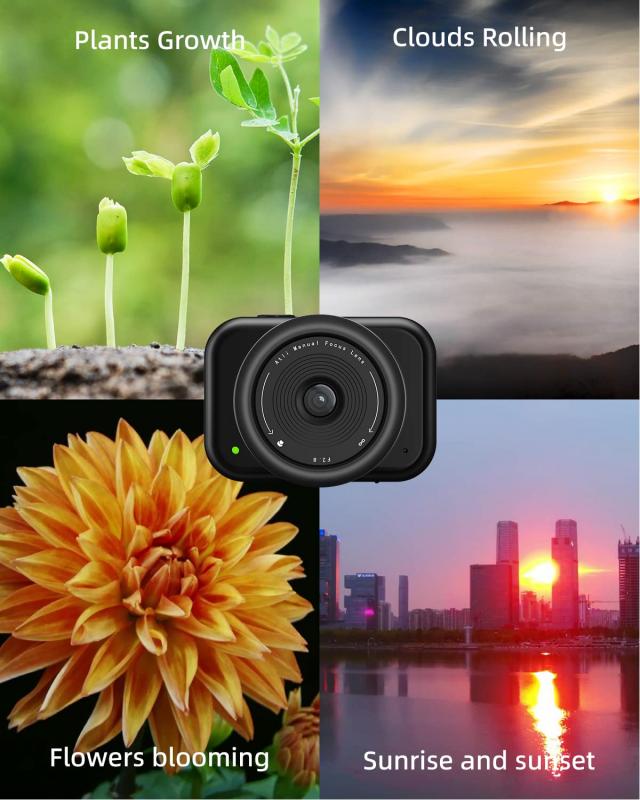
1. Resolution and Frame Rate
The resolution and frame rate are crucial aspects of video quality. Most modern DSLRs offer at least 1080p Full HD recording, but if you want to future-proof your investment, consider a camera that supports 4K resolution. Additionally, higher frame rates (60fps, 120fps) are beneficial for capturing smooth motion and slow-motion effects.
2. Autofocus System
A reliable autofocus system is essential for video shooting, especially if you plan to shoot moving subjects. Look for cameras with advanced autofocus features like Dual Pixel AF or phase-detection AF, which provide faster and more accurate focusing.
3. Low Light Performance
Good low light performance is vital for shooting in various lighting conditions. Cameras with larger sensors and better ISO performance will produce cleaner, less noisy footage in low light environments.
4. Audio Quality
While video quality is important, audio quality should not be overlooked. Built-in microphones are often inadequate, so look for cameras with external microphone inputs and headphone jacks for monitoring audio.
5. Stabilization
Image stabilization is crucial for handheld shooting. Some cameras offer in-body stabilization (IBIS), while others rely on lens-based stabilization. Both can significantly reduce camera shake and produce smoother footage.
6. Battery Life
Video shooting can drain batteries quickly, so consider a camera with good battery life or the option to use external power sources.
7. Ergonomics and Usability
Comfort and ease of use are important, especially for long shooting sessions. Look for cameras with intuitive controls, a comfortable grip, and a fully articulating screen for versatile shooting angles.
Top DSLR Cameras for Video Shooting
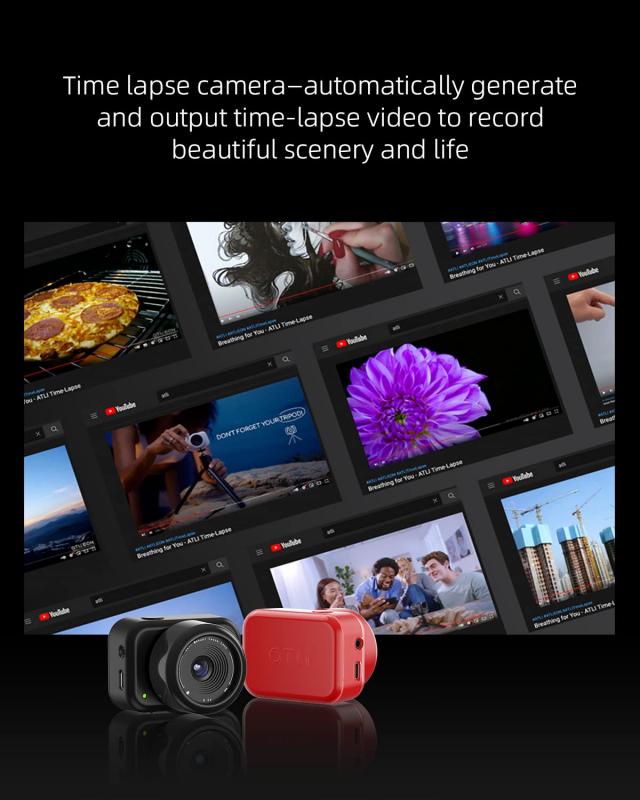
1. Canon EOS 90D
The Canon EOS 90D is a versatile DSLR that excels in both photography and videography. It features a 32.5MP APS-C sensor and can shoot 4K video without a crop, which is a significant advantage for wide-angle shots. The Dual Pixel CMOS AF system provides excellent autofocus performance, and the fully articulating touchscreen makes it easy to shoot from various angles. Additionally, it has a microphone input and headphone jack for better audio control.
2. Nikon D850
The Nikon D850 is a high-end DSLR that offers exceptional video quality. It features a 45.7MP full-frame sensor and can shoot 4K UHD video at 30fps. The camera's excellent dynamic range and low light performance make it ideal for various shooting conditions. It also has a tilting touchscreen, microphone input, and headphone jack. However, it lacks in-body stabilization, so you'll need stabilized lenses for handheld shooting.
3. Canon EOS 5D Mark IV
The Canon EOS 5D Mark IV is a popular choice among professional videographers. It features a 30.4MP full-frame sensor and can shoot 4K DCI video at 30fps. The Dual Pixel AF system ensures smooth and accurate focusing, and the camera's robust build quality makes it suitable for various shooting environments. It also includes a microphone input and headphone jack, but like the Nikon D850, it lacks in-body stabilization.
4. Nikon D7500
The Nikon D7500 is a more affordable option that still offers excellent video capabilities. It features a 20.9MP APS-C sensor and can shoot 4K UHD video at 30fps. The camera's good low light performance and 3.2-inch tilting touchscreen make it a versatile choice for video shooting. It also includes a microphone input, but it lacks a headphone jack and in-body stabilization.
5. Canon EOS Rebel T7i (800D)
For those on a budget, the Canon EOS Rebel T7i (800D) is a great entry-level DSLR for video shooting. It features a 24.2MP APS-C sensor and can shoot 1080p Full HD video at 60fps. The Dual Pixel AF system provides reliable autofocus, and the fully articulating touchscreen is perfect for vlogging and other video applications. It includes a microphone input but lacks a headphone jack and 4K video capability.
Practical Advice for Choosing the Right DSLR
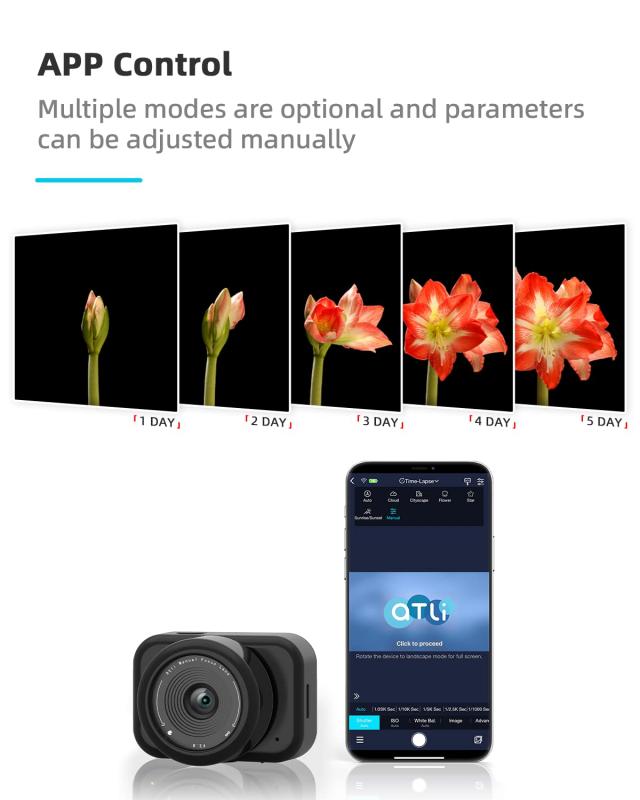
1. Assess Your Needs
Before making a purchase, consider what type of videos you plan to shoot. Are you creating content for YouTube, shooting short films, or capturing events? Your specific needs will dictate which features are most important.
2. Set a Budget
DSLR cameras can range from a few hundred to several thousand dollars. Determine your budget and look for cameras that offer the best value within that range. Remember to factor in the cost of additional accessories like lenses, microphones, and stabilization equipment.
3. Read Reviews and Watch Sample Footage
Researching user reviews and watching sample footage can provide valuable insights into a camera's performance. Pay attention to comments about video quality, autofocus reliability, and ease of use.
4. Consider Future-Proofing
Technology is constantly evolving, so consider investing in a camera that will remain relevant for several years. Features like 4K video, advanced autofocus, and good low light performance can help future-proof your investment.
5. Test Before You Buy
If possible, visit a camera store and test the models you're interested in. Handling the camera and navigating its menu system can help you determine if it's the right fit for you.
Choosing the best DSLR camera for video shooting involves balancing various factors, including resolution, autofocus, low light performance, audio quality, stabilization, battery life, and ergonomics. The Canon EOS 90D, Nikon D850, Canon EOS 5D Mark IV, Nikon D7500, and Canon EOS Rebel T7i (800D) are all excellent options, each with its own strengths and weaknesses.
By assessing your specific needs, setting a budget, researching reviews, considering future-proofing, and testing cameras in person, you can make an informed decision that will help you create high-quality video content. Whether you're a beginner or a seasoned professional, the right DSLR camera can significantly enhance your video shooting experience.

